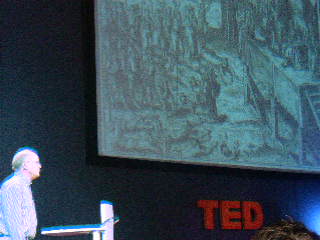Chatting with Hash at TED this morning about entrepreneurship and I got to talking about a book I had recently read. Before long, we agreed that it was a good story that would be worth repeating here this week. Kumeckucha [Blog] had posted on this a while ago)
A few weeks ago, I had read the autobiography of the late Mandatally Manji, an Asian-Kenyan who founded House of Manji which he built into the largest regional biscuit company.
He was encouraged by his family to put his life story together and it’s a fascinating story for any budding entrepreneur to read on. He details how;
- From being a clerk transporting commodities around Central Kenya he came up with his plan to start a bakery.
- After hard work and sweat many years later, he achieved his dream when through a partnership he was able to buy and run a bakery with a perfect location and healthy customer base in Nairobi.
- How he chose to walk away from the bakery in frustration at his deadweight partner who contributed little to the success of the bakery.
- Having to start all over again with even less, as his former partner was slow in paying him for his shares.
- Dealing with macroeconomic problems – and having to produce biscuits even as basics commodities like sugar and wheat were rationed and diverted to the war (WWII) effort.
- Dealing with discriminatory/political barriers – and winning customers and contracts away from European bakeries through unmatched service and delivery.
- Ingenuity to keep producing bread and biscuits by observing and experimenting. This he did by adopting the cooking habits of his employees who used grains not known (or rationed) by the Colonial Government. His competitors accused him of sourcing from the black market as they could not imagine how his bakery was able to keep producing.
It’s a great book that’s less than 200 pages long, but very hard to find.
More:
– Earlier post on Manji by Kumeckucha.
– Wikipedia entry
The book can found at Amazon (though pricey)
